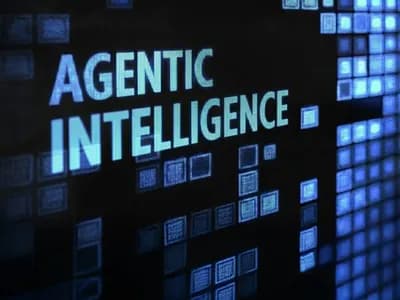As we approach the close of 2023, the allure of artificial intelligence (AI) technologies persists, with new tools and information emerging at a relentless pace. In this blog post, we aim to shed light on three prevalent misconceptions surrounding AI, empowering you to make informed decisions and maximize the value of these cutting-edge technologies.
3. There is always one top AI
In a world dominated by AI giants like OpenAI's ChatGPT, Microsoft's Bing Chat, and Google's Bard, the question of the "best" AI becomes complex. Each tool excels in different aspects, and the idea of a singular superior AI is a fallacy. ChatGPT streamlines text-based content generation, Bing Chat integrates seamlessly with Dall-E 3 for image generation, and Google's Bard—now integrating its cutting edge Gemini engine—focuses on comprehensive digital assistance. Rather than seeking a one-size-fits-all solution, consider leveraging different tools for specific purposes. As the market evolves, specialized tools for tasks like video creation, software creation, product design, and marketing are becoming increasingly available.
2. AI is replacing human jobs
The fear of AI replacing human jobs is a common concern, echoing anxieties from previous technological revolutions. However, the reality is more nuanced. AI technologies are augmenting operational tasks rather than outright replacing human roles. Those who resist incorporating these tools into their workflows may find themselves at a disadvantage. Currently, AI still requires significant human interaction due to biases, misinformation, and inaccuracies. While the future remains uncertain, adaptation to these technologies is crucial for professional growth.
1. You can completely delegate tasks to AI
The misconception that tasks can be entirely delegated to AI overlooks the current state of volatility in AI technology. Despite remarkable advancements, these tools thrive on accurate prompts and detailed instructions. Relying solely on AI for content creation may result in generic, uninspired outcomes. Everyday workers using AI for emails risk losing the personal touch that resonates with their stakeholders and internal team members. AI-generated images can appear uncanny and may not meet human expectations. Research conducted by AI may lack accuracy, often hallucinating non-existent sources. Successful utilization of AI requires users to provide clear and precise instructions, as human intuition and understanding surpass the capabilities of AI in daily work and life. Embracing AI as a supplementary tool, rather than a complete replacement, ensures optimal outcomes.
In the dynamic landscape of AI, understanding and dispelling misconceptions is crucial for harnessing the true potential of these technologies. Embrace the diversity of AI tools, recognize the evolving nature of job roles, and approach AI as a collaborative partner rather than a complete delegate. As we navigate the intricate world of artificial intelligence, the key lies in informed decision-making and strategic integration into our daily professional endeavors.












